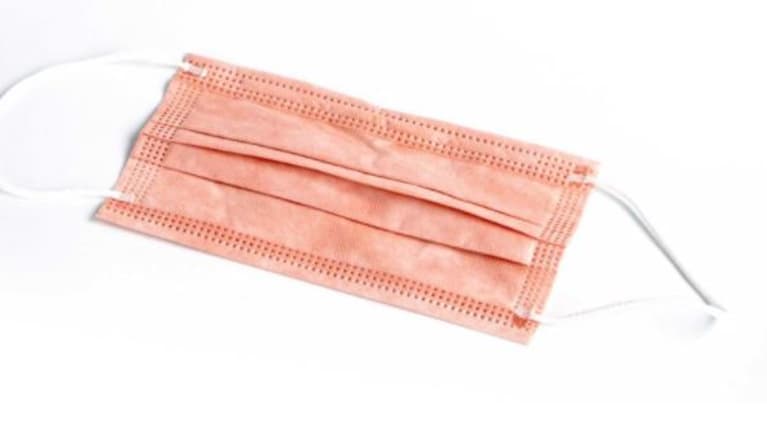Sales of face masks containing copper have seen an unexpected rise this year, with pharmacies across the country running out of stock.
"Working-age people in their 30s or 40s are buying them," explains Anne Järvenpää, a pharmacist from Seinäjoki.
"We have run out of copper masks, and we can't get hold of any more," pharmacist Katri Koiranen from Helsinki told Yle.
It is claimed that masks containing copper are self-sterilising, as the copper prevents viruses from clinging to the surface.
Professor Ali Harlin from the VTT Technical Research Centre told Helsingin Sanomat (link in Finnish) that masks containing copper can provide better protection than a typical surgical mask.
German news coverage stimulates demand
"There's a smaller batch coming from China this week, and then a larger one next week to replenish stocks," says Merja Heponiemi, CEO of medical equipment importer Adesso.
"Demand has been really high in the last few weeks," Heponiemi says, adding that she believes coverage of Germany's decision to mandate the use of FFP2-standard respirators in public places has affected Finns' behaviour.
An FFP2 respirator is thought to filter out up to 94 percent of airborne contaminants.
"People began to wonder if an ordinary surgical mask was sufficient protection," she says.
In an interview with Yle, HUS's Assistant Chief Physician Eeva Ruotsalainen expressed hope that people would swap fabric masks for more effective alternatives. FFP2 and FFP3-standard respirators are more difficult to wear for longer periods, so Ruotsalainen recommends them for use by those particularly at risk from coronavirus and those in contact with them.
In recommendations to the Ministry of Social Affairs and Health, however, experts from the Finnish Institute of Occupational Health (FIOH) suggested that FFP-level protection may not be necessary in all cases.
"A surgical mask is enough for everyday use, and FFP2-level respirators do not need to be used more widely in Finland," said Antti Koivula, FIOH's director general.
More research needed
Consumers may also be tempted by the manufacturer's claims that the copper's anti-viral properties will not diminish over time.
Erja Mäkelä, a senior expert at the Finnish Institute of Occupational Health (FIOH), would not comment on a single product, but says that for example, groups responsible for the standardisation of personal protective equipment in Europe have been talking about the research and development of so-called "smart protection" and self-cleaning products for some time.
The problem is that not enough research has been carried out to provide a basis for new safety standards.
"It is likely that protective equipment with these kinds of features will be used to combat future pandemics," Mäkelä says, adding that there are already standards for measuring the effectiveness of disinfectants against microbes, for example.
"But when it comes to the safe re-use of face masks, I would like to see clearer evidence. More research is needed," she says.
